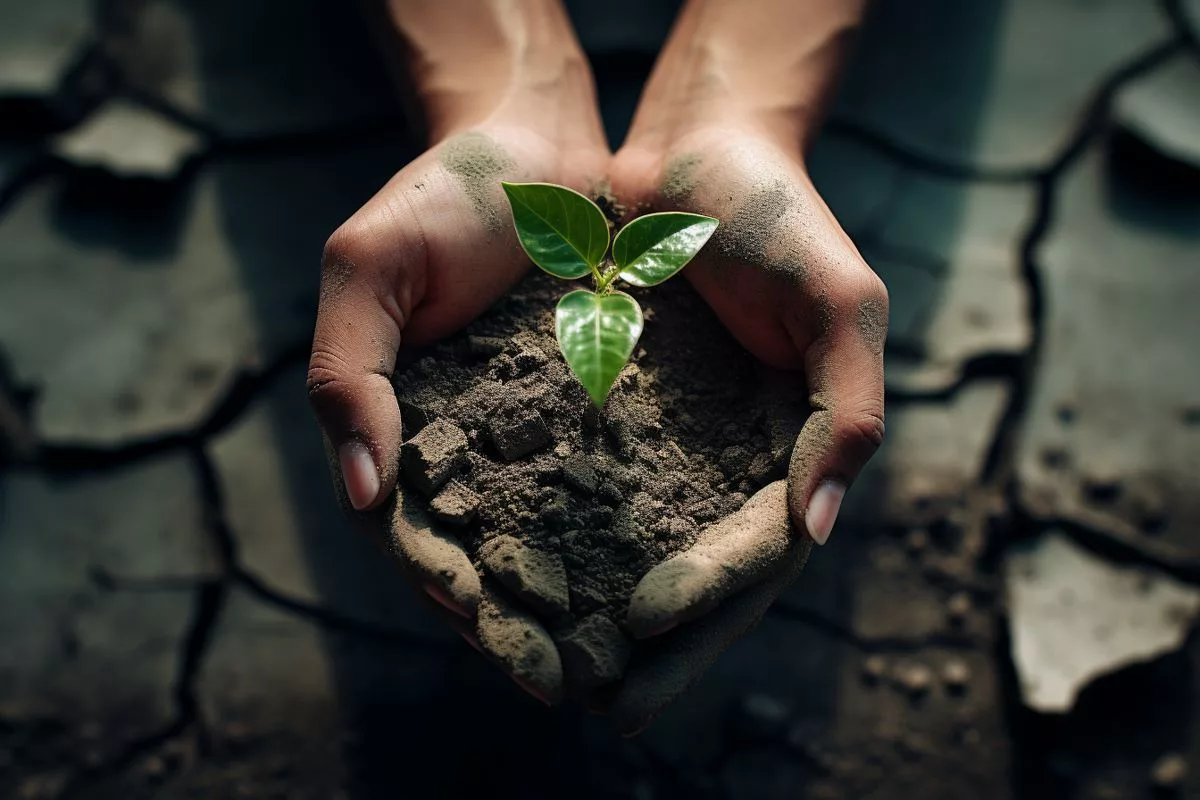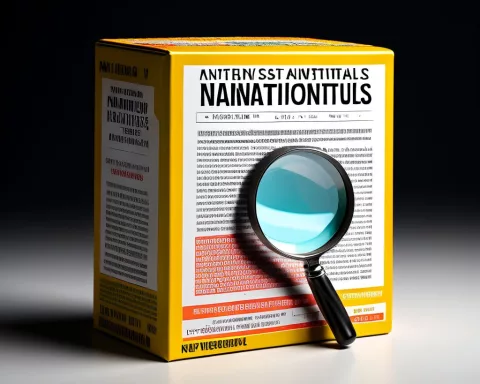The Department of Water and Sanitation and the International Water Management Institute held a Climate Change and Water Sector Consultation workshop to tackle water scarcity and climate change. The workshop brought together government, civil society, and the private sector to construct a platform for dialogue and joint action towards a sustainable and climate-resilient water sector. The consultation emphasized the need for collective action and shared responsibility to achieve water inclusion and a resilient future for the Water and Sanitation Sector.
Uniting Forces for Climate Resilience
The South African Department of Water and Sanitation (DWS) and the International Water Management Institute (IWMI) held a Climate Change and Water Sector Consultation workshop to construct a platform for dialogue and joint action against the dual threats of climate change and water scarcity. The alliance of government, civil society, and the private sector lays the groundwork for resourceful, resilient solutions, enhanced water accessibility, and sustainable water management methods.
Uniting Forces for Climate Resilience
The South African Department of Water and Sanitation (DWS), in alliance with the International Water Management Institute (IWMI), took a significant leap towards climate resilience on November 24, 2023. Together, these organizations spearheaded a combined Climate Change and Water Sector Consultation workshop in Pretoria. This groundbreaking blend of thought leaders, industry bigwigs, and a variety of stakeholders stood as a powerful symbol of unified action against the dual threats of climate change and water scarcity.
The central aim of the workshop was to construct a platform for dialogue and joint action. It aimed to spark the progression of a sustainable and climate-resilient water sector – a crucial necessity for the continuance of life on our planet. The exchanges and insights collected during the workshop will feed into the revised draft of the Climate Change Strategy, which will guide South Africa’s reaction to climate fluctuations.
Significantly, the workshop’s speakers unanimously agreed – water security cannot be accomplished alone. It mandated a united response from government bodies, civil society organizations, expert teams, and the private sector. Such a united approach lays the groundwork for resourceful, resilient solutions, enhanced water accessibility, and sustainable water management methods.
Driving Sustainable Policies and Strategies
This threefold alliance of government, civil society, and the private sector is set to direct influential policies, ignite necessary initiatives, and roll out efficient strategies. This multifaceted approach is crucial to securing our water future and nudging South Africa towards a more water-secure future.
Dr. Gabriel Lekalakala, Specialist Scientist – Directorate Climate Change Analysis at the Department of Water and Sanitation, led the consultation, focusing on two main themes. First, the need to make water central to National Determined Contributions (NDC), an essential step to harmonize water management with wider development objectives. Second, the creation of a thorough Climate Change Status Quo and National Response Strategy.
According to Dr. Lekalakala, climate change intensifies the multitude of challenges the Water and Sanitation Sector faces, impacting water security. The creation of a sturdy National Climate Change Response Strategy for the Water and Sanitation Sector, along with combined responses, can alleviate these impacts. Dr. Lekalakala urged sector participants to contribute to this strategy’s resilience and adopt collective ownership. He also highlighted the need for broader awareness of the strategy and urged stakeholders to participate in future consultations.
Water Inclusion: A Collaborative Imperative
Dr. Inga Jacobs-Mata, Director of Water, Growth and Inclusion at IWMI, expanded further on the Climate Change Response Strategy for the Water and Sanitation Sector and the NDC Capacity Scorecard. She maintained that achieving water inclusion is not just a necessity but a mandate that requires collective action.
In accordance with the United Nations’ 2030 Sustainable Development Goals (SDGs), particularly SDG 6 – Clean Water and Sanitation, Dr. Jacobs-Mata highlighted the immediacy of this pledge. Prioritizing water inclusion not only aligns with SDG 6 but also lays the groundwork for the attainment of interrelated objectives such as poverty eradication, ensuring good health and well-being, and nurturing sustainable communities.
Towards a Resilient Future
This hybrid consultation workshop signifies a notable step towards a climate-resilient South Africa. It underlines the immediacy of collective action and shared responsibility in tackling the dual issues of water security and climate change. As further consultations are scheduled to take place, it is evident that a collaborative, deliberate response can lead to innovative solutions, sustainable practices, and a resilient future for the Water and Sanitation Sector.
What was the aim of the Climate Change and Water Sector Consultation workshop?
The aim of the Climate Change and Water Sector Consultation workshop was to construct a platform for dialogue and joint action towards a sustainable and climate-resilient water sector, to tackle water scarcity and climate change.
Who were the participants of the Climate Change and Water Sector Consultation workshop?
The workshop brought together government, civil society, and the private sector.
What is the significance of the alliance between the Department of Water and Sanitation and the International Water Management Institute?
The alliance between the Department of Water and Sanitation and the International Water Management Institute lays the groundwork for resourceful, resilient solutions, enhanced water accessibility, and sustainable water management methods.
What was the main focus of the consultation led by Dr. Gabriel Lekalakala?
Dr. Gabriel Lekalakala, Specialist Scientist – Directorate Climate Change Analysis at the Department of Water and Sanitation, led the consultation, focusing on two main themes: the need to make water central to National Determined Contributions (NDC) and the creation of a thorough Climate Change Status Quo and National Response Strategy.
Why is water inclusion important?
Water inclusion is important because it aligns with the United Nations’ 2030 Sustainable Development Goals, particularly SDG 6 – Clean Water and Sanitation, and lays the groundwork for the attainment of interrelated objectives such as poverty eradication, ensuring good health and well-being, and nurturing sustainable communities.
What is the significance of a collaborative response to water security and climate change?
A collaborative response to water security and climate change is significant because it can lead to innovative solutions, sustainable practices, and a resilient future for the Water and Sanitation Sector.









